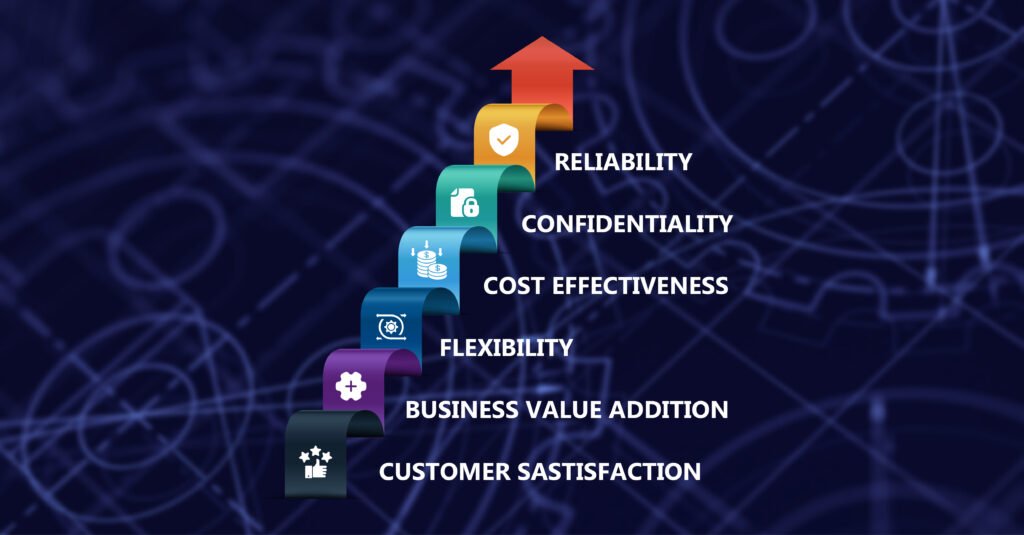In the ever-evolving landscape of software development, testing methodologies play a crucial role in ensuring the quality and reliability of applications. One such method, functional testing, has long been a staple in the software testing arsenal. However, with the emergence of automated testing and the increasing emphasis on agile and DevOps practices, some have questioned whether functional testing is still relevant and capable of meeting modern development demands. In this blog post, we, Quality Matrix Group, renowned experts in manual testing, will delve into this topic and provide insights into the survival of functional testing in today’s fast-paced software industry.

Understanding Functional Testing:
Functional testing is a type of software testing that verifies the individual functions and features of an application. It tests whether the software functions as intended and meets the specified requirements. It typically involves conducting tests such as unit testing, integration testing, system testing, and acceptance testing.

The Rise of Automated Testing:
In recent years, automated testing has gained significant traction in the industry. Automated tests provide several advantages, such as faster execution, repeatability, and the ability to test large codebases efficiently. Test automation frameworks and tools have become more sophisticated, allowing extensive test coverage and continuous integration.
However, it is important to note that while automated testing is highly efficient for regression testing and repetitive tasks, it may only be suitable for exploring complex scenarios or evaluating the user experience sometimes. This is where functional testing, with its human-centric approach, continues to hold value.

The Importance of Human Intervention:
Functional testing often involves manual interaction with the software to simulate real-world user scenarios and experiences. Skilled testers bring their domain knowledge, intuition, and creativity to uncover potential defects that automated tests may miss. Human intervention allows for exploratory testing, usability testing, and ad-hoc testing, which can greatly enhance the overall quality of the software.

Functional Testing in Agile and DevOps:
Agile and DevOps methodologies have revolutionised software development by emphasising collaboration, continuous integration, and faster delivery cycles. While automated testing is a crucial component of these approaches, functional testing still plays a vital role. The iterative nature of agile development requires regular feedback from end-users, and functional testing ensures that the software meets their expectations. Manual testing helps validate user stories, identify usability issues, and ensure the overall user experience aligns with the project goals.

Quality Matrix Group: Experts in Manual Testing:
Quality Matrix Group has established itself as a leader in manual testing, specialising in functional testing services. With a team of highly skilled and experienced testers, we bring deep domain expertise and a keen eye for detail to every project. Our manual testing approach complements automated testing methodologies, providing comprehensive test coverage and enhancing the overall quality of software applications.
While automated testing has undoubtedly transformed the software testing landscape, functional testing continues to thrive in today’s fast-paced development environment. Human intervention, domain expertise, and the ability to explore complex scenarios are indispensable elements that manual testing brings. Quality Matrix Group’s expertise in manual testing stands as a testament to the ongoing relevance and importance of functional testing in ensuring the delivery of high-quality software solutions.
As the software industry continues to evolve, the combination of automated and manual testing, as exemplified by Quality Matrix Group, will remain a formidable force in achieving optimal software quality and customer satisfaction.
